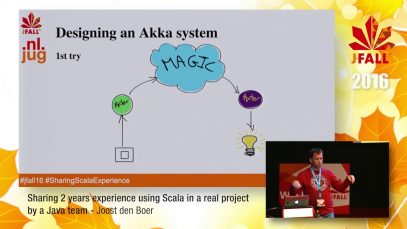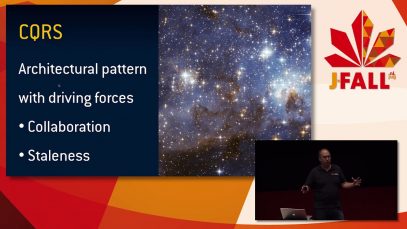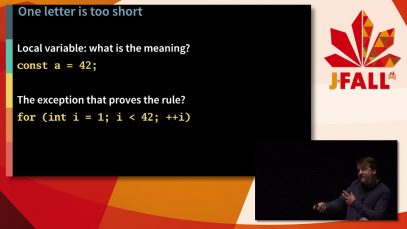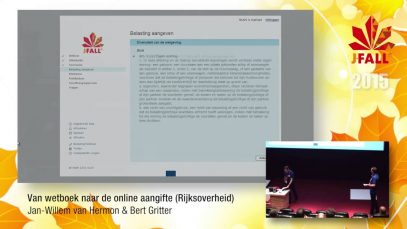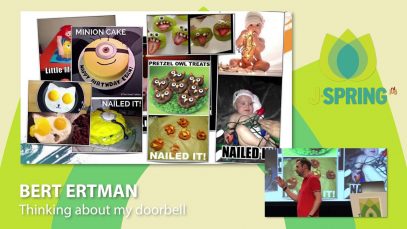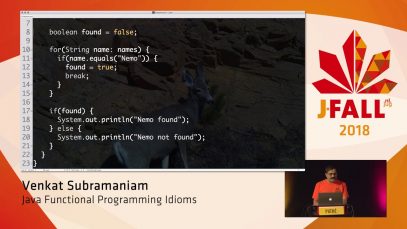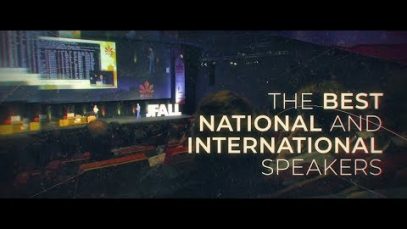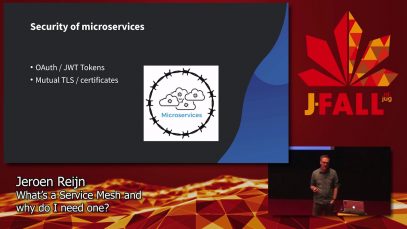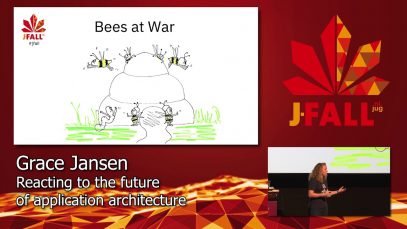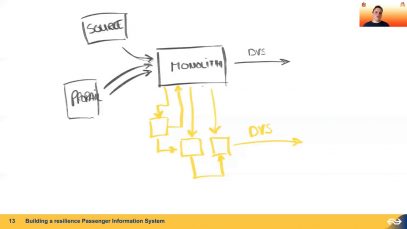J-Fall 2016 Speaker Joost den Boer – Sharing 2 years experience using Scala in a real project
In Januari 2015 we started on a new project using Scala with a team which had hardly any Scala experience. In this talk I’d like to share insights and experiences during a 2-year journey of using Scala/Akka in a real project, how the team learned Scala and slowly found it’s way into functional programming. It […]




